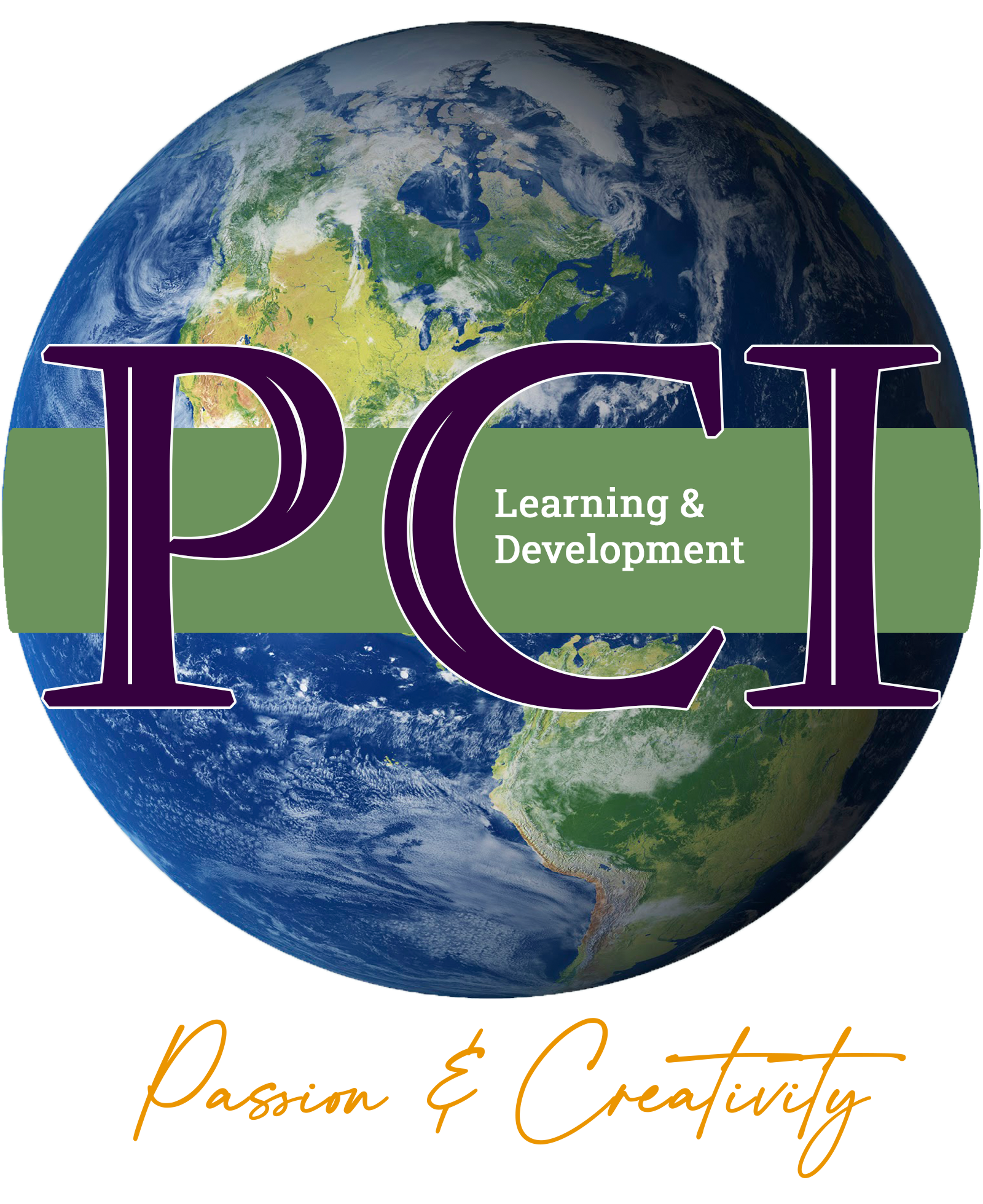A Masterclass in Exceptional Communications

Introduction:
Whether you are the CEO or the most junior employee, communicating effectively with others is a crucial skill. Those who can converse, explain, listen, and engage others effectively have better relationships, both personal and professional, are more effective in their work and lead happier, more fulfilled lives. As the saying goes:
“you only get one chance to make a first impression”
This is why it is critically important that we can communicate clearly, effectively and compellingly from the very first moments of a business conversation. Communication is about so much more than merely speaking; the ability to listen actively and empathetically, to ask meaningful, insightful questions and then respond correctly is hugely important, as is the way we use our bodies and voices. People who can master these skills rank amongst the world’s best communicators and enjoy more significant successes in their careers.
This highly interactive program will help you to understand, learn and practice the essential skills of modern-day communication. We use various proven techniques, tips and techniques to ensure that you have all the skills and tools you need to ace your professional communications. You will learn skills and techniques that will enhance their career and personal performance and relationships.
The program will highlight the following:
- The importance of rapport, and how to build it
- The power of questioning & active listening and how to practice these skills
- Learning when to speak and when to stay silent
- Non-verbal communication and how to interpret body language
- An insight into a customer’s personality type and how to flex your communication accordingly
Objectives:
Participants will achieve the following objectives:
- Learn, understand and practice techniques to communicate persuasively
- Develop the skills to project confidence to handle challenging situations
- Learn how to create rapport and build trust
- Develop the flexibility to adapt to new situations
- Gain insight into personal thinking and the minds of others
- Understand that asking questions, and active listening are crucial skills and learn how to develop and practice these skills
- Understand the power of active listening
- Unleash the power of high-gain questions
- Understand that human communication is about much more than just what is said
- Understand the barriers to effective communication and how to overcome them
- How to flex communication to match different personality types
Building and maintaining rapport
Methodology:
The program will combine presentations with interactive practical exercises, supported by video materials, role-play, and case studies. The delegates will be encouraged to participate actively in relating the principles of communication to the particular needs of their workplace. Pre and post-test assessments will be carried out to measure the learning and understanding resulting from the program.
Target Audience:
The program would be beneficial to anyone as the skills covered are valuable in both a person’s personal life and in work. In a business setting the program will particularly benefit:
- Team Leaders
- Department Managers
- Sales representatives
- Sales managers
- Customer service agents
- Account Managers
- Customer facing staff
Course Content:
Day 1
Rapport and Human Relationships
- Rapport: What it is and how to build it
- Communication styles
- Identifying communications styles in others
- Different personality types and how to best communicate with each one
- Barriers to communication and how to overcome them
Day 2
Active Listening and Forensic Questioning
- Active listening – understanding its power and how to harness it
- Barriers to listening
- Overcoming the traps we set ourselves
- Why listening can be hard
- Effective and powerful questioning skills
- Using high-gain questions effectively
Day 3
Getting the Message Across
- Seeking first to understand
- Behavioral economics: How people use their brains and what it means for effective communication
- Interpreting non-verbal communication
- Use of voice
- Body language
- Haptics
- Reading the room and getting audience feedback
- Checking for understanding and earning the right to continue
Day 4
The Science of Persuasion
- Understanding the Science of Persuasion
- How to be compelling
- How to become persuasive
- Saying no with a smile
- How to be assertive
- Transactional Analysis: How to handle difficult people
Day 5
Communicating when not Face-to-Face
- Communicating online
- Finding your online voice
- E-Mail communication: Dos and Don’ts
- Telephone skills
- Business letter writing skills
- Closing your communications with calls to action
